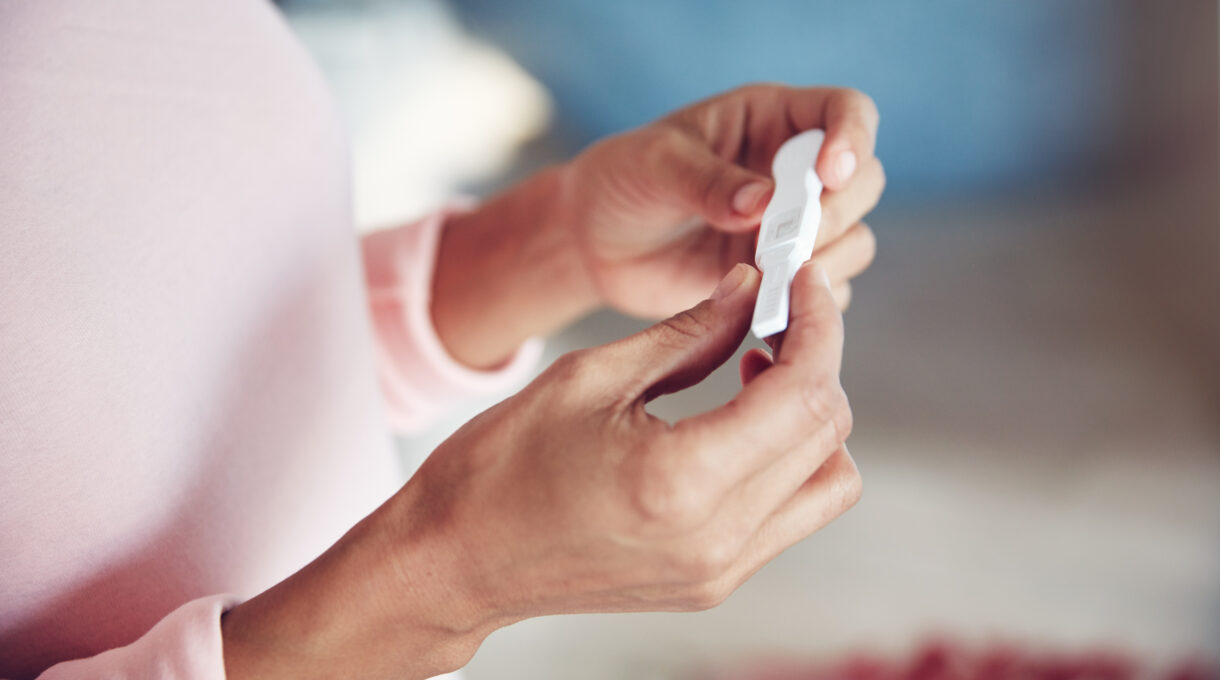In the realm of pregnancy and fertility, there often exists a confluence of uncertainty and curiosity. Women who are actively trying to conceive often find themselves navigating a labyrinth of information, attempting to discern the subtle nuances of their body’s signals. Among the plethora of inquiries that arise during this pivotal time, one commonly asked question is: “Will ovulation tests be positive if you’re pregnant?” In this comprehensive exploration, we delve into this query, shedding light on the intricate relationship between ovulation tests and pregnancy.
Understanding Ovulation Tests: A Primer
Before delving into the intriguing intersection between ovulation tests and pregnancy, it’s imperative to grasp the fundamental purpose of ovulation tests. Ovulation tests, also known as ovulation predictor kits (OPKs), are tools designed to detect the surge of luteinizing hormone (LH) in a woman’s body. This surge typically occurs 24 to 48 hours before ovulation, signaling the release of a mature egg from the ovary. These tests enable women to identify their fertile window, optimizing the chances of conception.
Ovulation Tests and Pregnancy: Exploring the Dynamics
The pivotal question that often arises is whether ovulation tests can detect pregnancy. To unravel this, we must delve into the physiological underpinnings of both processes. Pregnancy and ovulation are distinct yet interconnected phenomena, each governed by a different set of hormones.
HCG and Its Role in Pregnancy Detection
Human chorionic gonadotropin (HCG) is a hormone produced by the developing placenta shortly after fertilization. Its presence in a woman’s body is a clear indicator of pregnancy. However, during the initial days following conception, HCG levels are often too low to be detected by traditional pregnancy tests. This is where the intricacies of pregnancy and ovulation intersect.

The Ovulation Test Conundrum: Can It Predict Pregnancy?
In the quest to understand whether ovulation tests can predict pregnancy, it’s important to acknowledge that ovulation tests are primarily designed to detect the LH surge that precedes ovulation. The surge of LH triggers the release of an egg from the ovary, marking the peak fertile window. However, these tests are not specifically designed to detect HCG, the hormone indicative of pregnancy.
Factors Influencing Ovulation Test Results
Several factors can contribute to variations in ovulation test results, potentially causing confusion for those hoping to determine whether they are pregnant based on these tests. It’s crucial to recognize that ovulation tests should not be considered a reliable method for confirming pregnancy. Factors that can influence the outcome of ovulation tests include:
- Timing: Ovulation tests are optimized to detect the LH surge preceding ovulation, not the HCG surge indicating pregnancy. Taking the test too early or too late in the menstrual cycle can lead to inaccurate results.
- HCG Levels: As mentioned earlier, HCG levels are initially low after conception and take time to rise to detectable levels. Testing for pregnancy too soon after conception using an ovulation test is likely to yield a negative result.
- Chemical Pregnancy: In some cases, a fertilized egg may implant but not develop, leading to a phenomenon known as a chemical pregnancy. Ovulation tests may still detect the transient rise in HCG, causing confusion.
The Verdict: Ovulation Tests and Pregnancy Detection
In the quest for accurate pregnancy detection, ovulation tests have limitations. These tests are not engineered to detect the presence of HCG, the definitive marker of pregnancy. Relying solely on ovulation tests to confirm pregnancy can lead to false negatives and heightened frustration.
Pregnancy Tests: Your Go-To Solution
For those seeking clarity on whether they are pregnant, utilizing a dedicated pregnancy test is the recommended course of action. Pregnancy tests are specifically designed to detect the presence of HCG in a woman’s urine. These tests are highly sensitive and can yield accurate results as early as a few days before a missed period, alleviating much of the uncertainty that often accompanies the early stages of pregnancy.
Conclusion
In the intricate tapestry of fertility and conception, it’s crucial to differentiate between the roles of ovulation tests and pregnancy tests. Ovulation tests serve as valuable tools for identifying the fertile window by detecting the LH surge that precedes ovulation. However, they are not equipped to detect pregnancy. For accurate pregnancy confirmation, relying on a dedicated pregnancy test is the most prudent approach.
In a world where information abounds and queries are abundant, understanding the nuances of ovulation tests and pregnancy detection can empower women with the knowledge needed to navigate their fertility journey with confidence and clarity.
